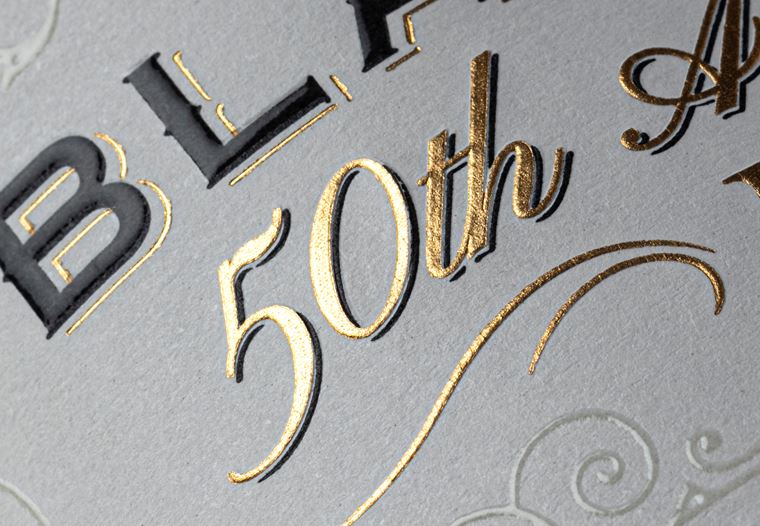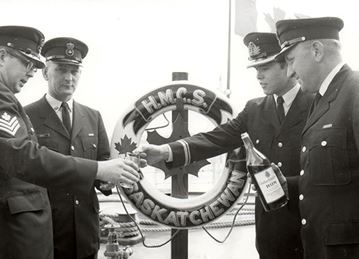

History
THE FIRST RUM RATIONS ARE ISSUED

The earliest record of rum being given out in ships was in 1655, when the British fought the Spanish for the island of Jamaica. After the British won the battle, Admiral William Penn issued (in the absence of another spirit being sufficiently available) a measure of rum to the crew as a reward. However, rum would not become an official navy provision until many decades later.
In 1731 the first official naval rum rations were offered across the British fleet. For several decades, the acquisition and distribution of this rum was done ad hoc as casks were picked up, replaced, and refilled where necessary. And the initial rum rations were generous to say the least – half a pint of overproof rum was given to each crew member. Needless to say for the next few years while Britannia may have ruled the waves, they did so in a most unruly fashion.
Then in 1740, along came Admiral Edward Vernon, who with the Navy’s penchant for slang became known as ‘Old Grog’ (named after his silk & mohair Grogham coat). Old Grog declared that the rum ration be halved and watered down – and the drink itself became known as Grog. Only officers were allowed to take their rum ration undiluted, however in time officers were denied the rum ration altogether to allow them to maintain a more sober command upon their vessels. One common misconception was that Navy Grog had lime and sugar added to the mix – a precursor to the Daiquiri if you will. However, this was not the case – limes and sugar came at the sailor’s own expense and were unlikely to be lavished upon. But what about scurvy we hear you cry?! Lemon juice, which would later be issued in powdered form, was issued for its Vitamin C – while it’s romantic to believe there were some pioneering young bartenders aboard, the likelihood is they would not have tainted their rum with this.




